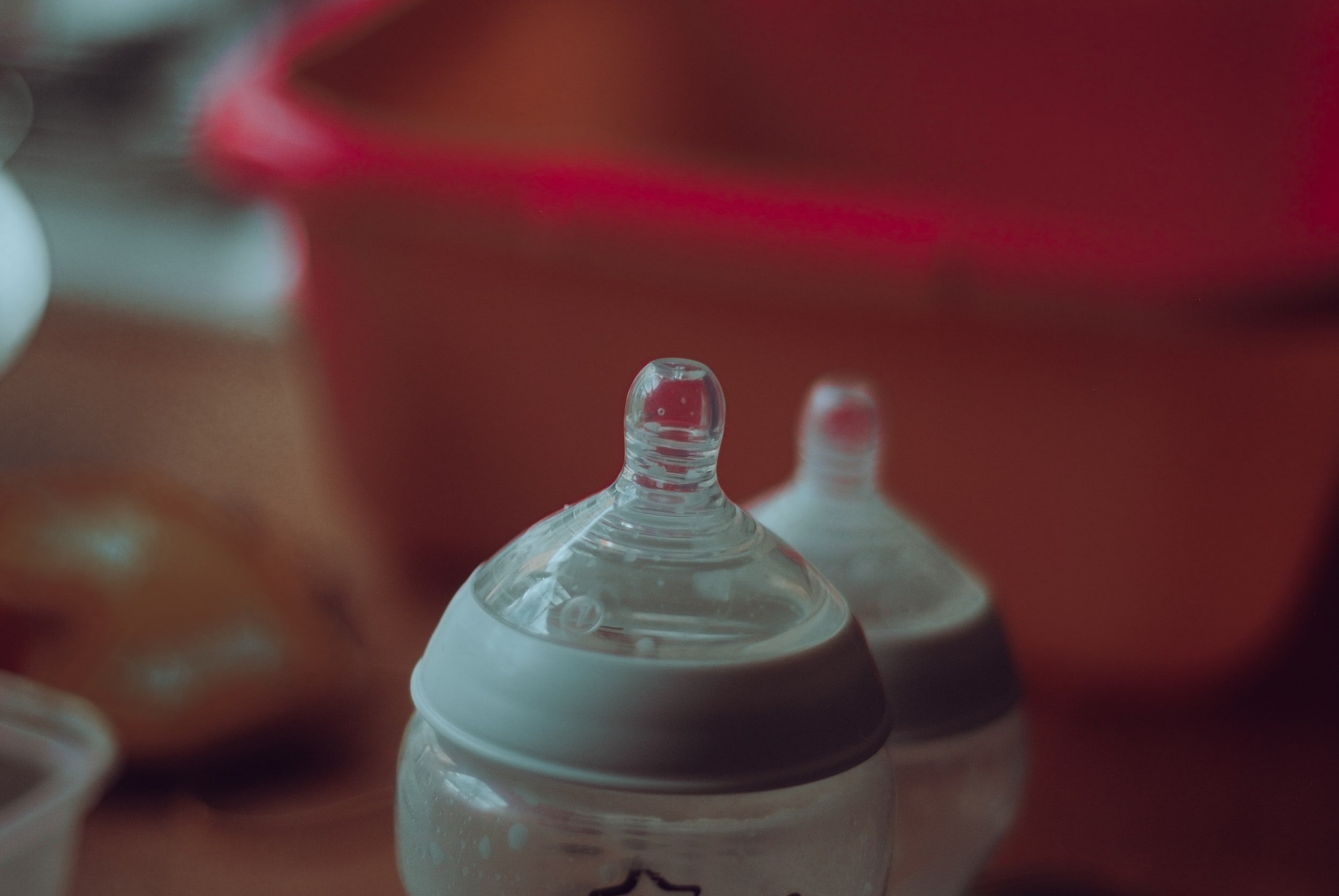Imported formula during the crisis: things to know
Infant formula is an essential food - often the only source of nutrition for infants. The recent shutdown of a formula plant along with supply chain issues has left families scrambling to feed their babies. The FDA has responded by temporarily allowing certain foreign companies to import formula to the US.
But it is hard to find accurate information about what to think about when it comes to imported formula. Here are some important things for parents to keep in mind.
A formula crisis
Earlier this year, due to a combination of a formula recall, the shutdown of the Abbott formula factory in Michigan, and pandemic-related supply chain issues, the country started to face a nationwide formula shortage. Families were scrambling to find ways to feed their babies. My youngest was on a special formula for his cows milk protein intolerance a the time, and there are no words to describe the stress of not knowing whether you will be able to feed your baby.
Unfortunately, the country could not simply respond by increasing imports of formula. In the past, foreign formula companies faced high import tariffs, along with regulatory and trade policies that made it challenging for them to import into the US.
But in response to the crisis, the administration and the FDA recently announced emergency approval to allow importing of foreign formula. Certain formula options are being imported and will be available in the US, including Aptamil, Aussie Bubs, Kendamil, and some of the Nestle brands. My hope is that this opens the pathway to longer-term approval of foreign formula and hopefully a way to prevent this type of crisis in the future.
What should parents know?
There are 5 things to be aware of if you are considering using imported formula.
Safety
The formula options that have been approved for import come from countries with similar safety and monitoring standards to the US: several European countries, the UK, Australia, etc.
The formula itself is considered safe and meets nutritional requirements for otherwise healthy infants.
However, it is still important to purchase from a reputable retailer to ensure that formula has been stored optimally during transport.
Staging
Many foreign formulas are labeled as Stage 1 or Stage 2. Stage 1 is traditionally for babies 0-6 months, Stage 2 is traditionally for babies 6-12 months.
Some of the differences include Iron content and the types of protein (eg more Casein), although depending on the brand there may be other differences too.
However, you can give Stage 1 all the way until 12mo because the ingredients meet nutritional requirements of the Infant Formula Act.
Preparation
Some imported formula will have instructions that are unfamiliar: measurements in milliliters, different sized scoops, and different proportions of formula to water. Remember, 30ml = 1 ounce.
Infants have extremely specific needs when it comes to electrolytes and nutrients. Incorrectly mixed formula can cause severe health problems including seizures kidney issues and even death.
Make sure you follow mixing instructions for the product you are using (I know in the middle of the night it is easy to do things on autopilot so check and then double check!)
Nutritional content
Carbohydrate source: A lot of foreign brands use lactose as their carbohydrate source (rather than corn syrup). Both are fine. Lactose is a component of breast milk, and lactose intolerance is not common in infants (remember: it is not the same as milk protein intolerance)
Iron: The iron content in some imported formula is typically lower than here in the US. For an otherwise healthy infant, it should still provide sufficient Iron. But if your child was premature or has underlying anemia, certain products (eg Aptamil First Stage 1) may not have enough Iron. Discuss with your pediatrician.
Goats milk formula: This is more commonly available internationally and some parents think their infants digest it more easily. It is safe for infants (but remember: regular goats milk itself is NOT).
Labeling may be different
Many infants in the US are on hypoallergenic formula and do not really need it, but there are some babies who do, eg those with true cows milk protein allergies.
"Hypoallergenic" in the US means that the proteins in the formula have been broken down more extensively (or hydrolyzed). These formulas are intended for babies with true protein allergies, and are available over the counter.
Some imported formula labeled as "hypoallergenic" does not meet the same standard for this label in the US, and may not be suitable for infants with protein allergies. In Europe, extensively hydrolyzed protein and amino-acid based formulas (that these babies need) are available only through prescription. Talk to your pediatrician if your baby has special nutritional needs.




